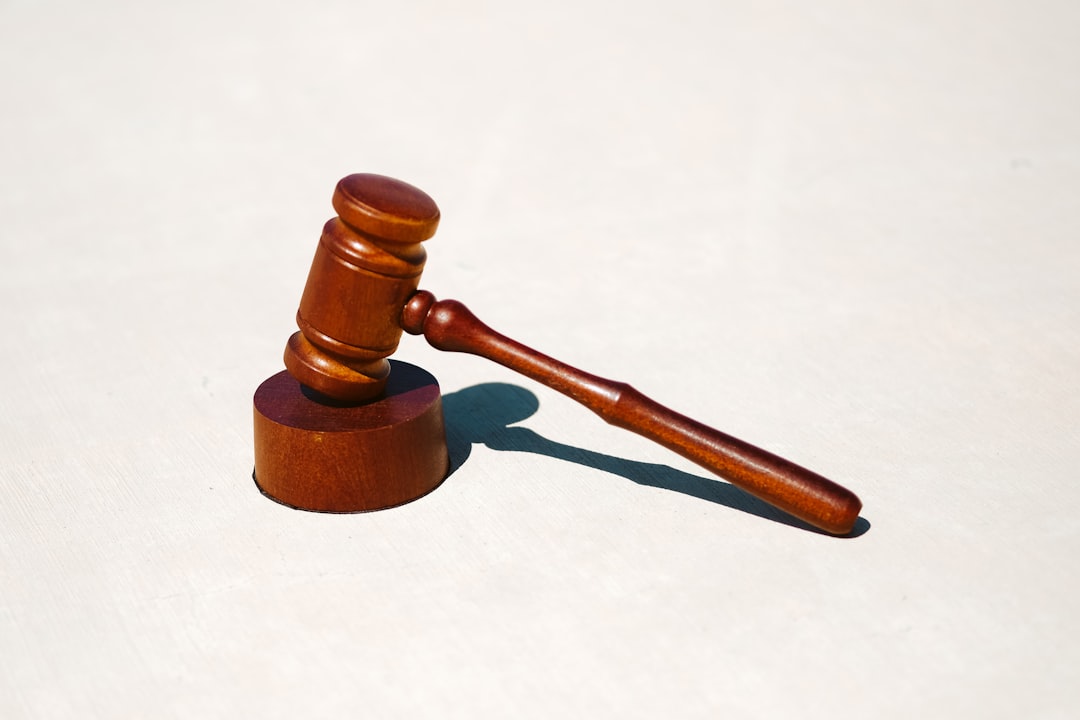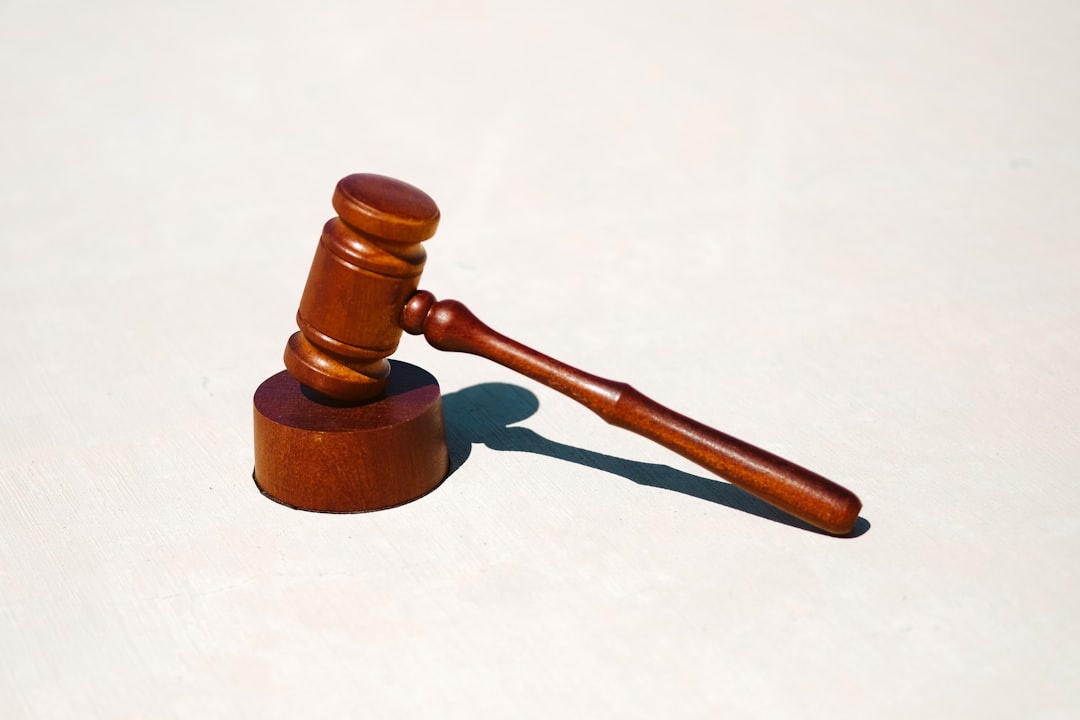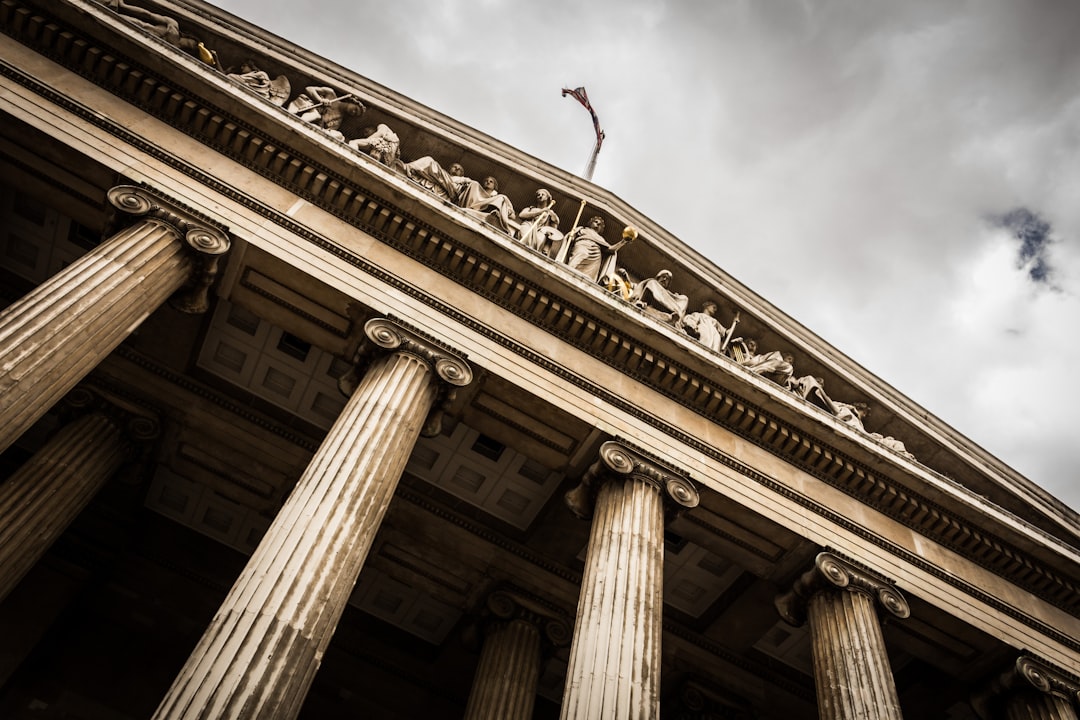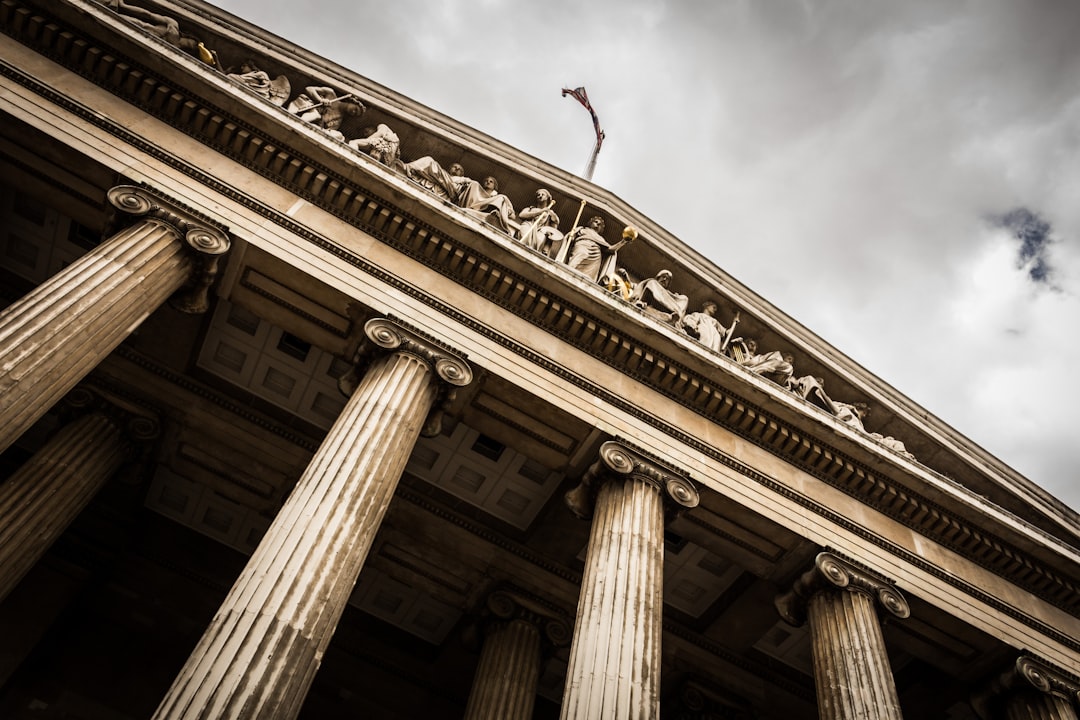Social media platforms offer tools for awareness and support in sexual assault cases in Maryland but present challenges with evidence collection due to altered or deleted content. Public perception, influenced by social media, impacts trial outcomes, requiring sexual assault attorneys to diversify juries and screen online activities. They must navigate a complex digital landscape while handling sensitive information fairly, ensuring trials focus on facts rather than preconceived notions.
In today’s digital age, social media plays a profound role in legal proceedings, particularly in Maryland sexual assault cases. This article explores how online platforms impact key aspects of justice in Annapolis. We delve into the influence on evidence collection through social media posts, analyze public perception and potential jury bias, and discuss the strategic significance of digital footprints. Understanding these impacts is crucial for sexual assault attorneys navigating complex legal landscapes to ensure fair trials.
Impact of Social Media on Evidence Collection
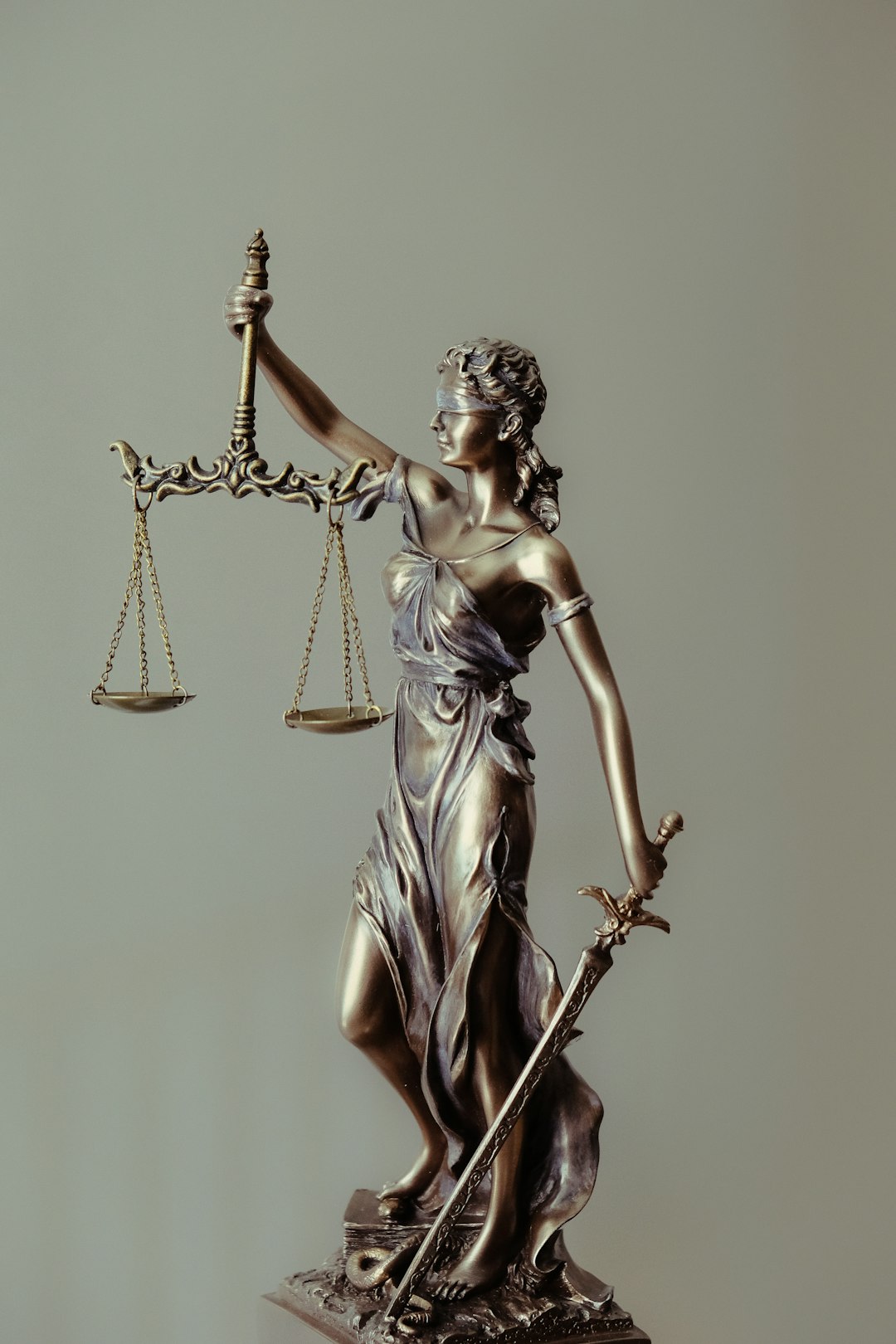
In the digital age, social media platforms can serve as a double-edged sword in sexual assault cases. While they provide a means to quickly spread awareness and gather support for survivors, they also pose unique challenges for evidence collection. Maryland sexual assault attorneys often find themselves navigating a complex web of online activity when building a case.
Social media posts, images, and messages can be crucial pieces of evidence, offering insights into the victim’s life before and after the assault. However, their use in court comes with potential pitfalls. The rapid nature of social media means that content can be easily altered or deleted, making it imperative for legal professionals to promptly secure relevant data. Additionally, understanding the privacy settings and terms of service of various platforms is essential to ensure compliance during the evidence collection process.
Public Perception and Jury Bias in Trials
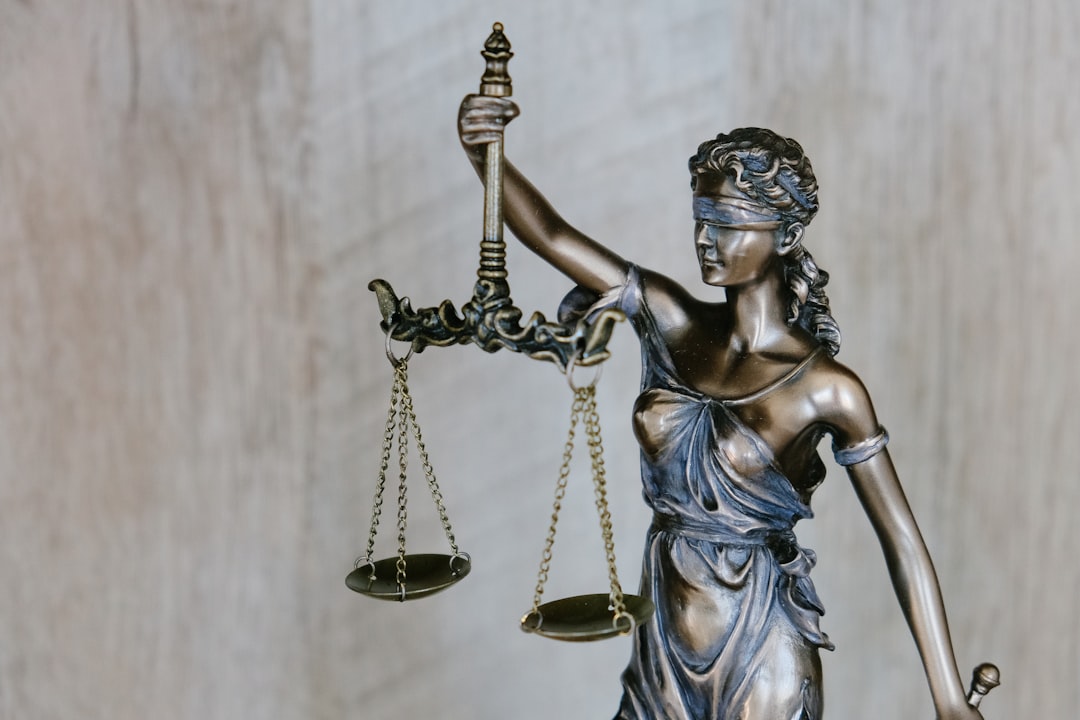
Public perception plays a significant role in shaping the outcome of sexual assault trials, particularly in high-profile cases where social media becomes a powerful tool for sharing and spreading information. In Annapolis, Maryland, the presence of social media has both advantages and disadvantages when it comes to sexual assault cases. On one hand, it provides a platform for victims to share their stories, seek support, and raise awareness about the issue. This can lead to increased empathy from the public and potential jurors, as they gain a deeper understanding of the trauma experienced by survivors.
However, social media can also contribute to jury bias, as sensationalized headlines and online discussions might create preconceived notions among prospective jurors. Maryland sexual assault attorneys often face the challenge of dispelling these biases during selection processes. They may need to employ strategies like ensuring diverse juries and carefully screening potential jurors’ online activities to mitigate the impact of social media-driven prejudices, ultimately striving for fair trials where evidence and facts take precedence over preconceived notions.
The Role of Digital Footprints in Case Strategies
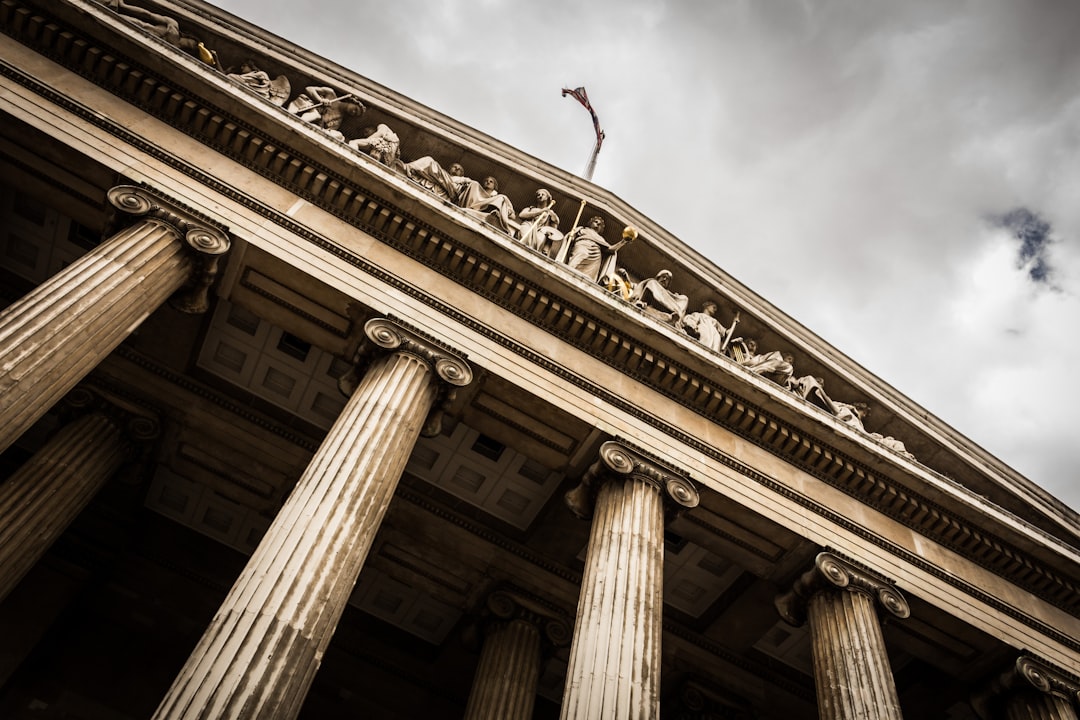
In the digital age, social media platforms can serve as a double-edged sword for sexual assault cases in Annapolis. While they provide a window into the lives and online interactions of individuals involved, they also present potential pitfalls. Sexual assault attorneys in Maryland must carefully navigate this landscape to gather evidence effectively. Every post, message, or image shared digitally could hold significant weight in building or undermining a case.
Digital footprints left on social media offer crucial insights into the relationships, activities, and behaviors of those implicated. Attorneys can uncover hidden aspects of a defendant’s character or find witnesses who may have relevant information. However, they must also be mindful of privacy concerns, ethical considerations, and potential biases that could taint online data as evidence. Proper handling of digital evidence is paramount to ensuring fair trials for all parties involved in sexual assault cases.

